Luxury hotels have long used scent to shape how guests feel the moment they walk into a lobby. That warm welcome, the calm of a suite, or the bright lift in a spa are often guided by carefully chosen fragrances. At Scenta Flora, we sell diffusers, perfumes, home diffusers, car diffusers, and AC diffusers, and many customers ask how to bring that hotel feeling into daily life. This post explains how hotels design signature scents, why those scents work, and how you can translate those ideas into products people want in their homes and cars.
Why hotels use scent
Hotels use scent for the same reason they choose their lighting and furniture. Scent alters mood and memory in a way that other senses do not. Olfactory signals go straight to parts of the brain that handle emotion and long-term memory. That makes scent a powerful tool to create a consistent guest impression across locations and visits. Many hotel groups now work with scent designers or fragrance houses to create a unique aroma that becomes part of the brand experience.
Signature scents also open practical business opportunities. A memorable scent can make guests feel more comfortable, lengthen the time spent in public spaces, and increase the chance of repeat visits. Hotels sometimes convert a popular lobby scent into candles, room sprays, or small bottle perfumes that guests can buy and take home. These products turn an emotional experience into a tangible retail line.
How a hotel develops a signature scent
Designing a hotel scent is not the same as mixing a perfume. The process usually starts with research and immersion. Fragrance houses visit the property, study its architecture and local setting, and interview staff and guests. They then create a scent story that fits the hotel’s personality. For diffusion, the formula is often diluted and adapted so it reads soft and even when pushed through HVAC systems or commercial nebulizers. This step reduces the chance of overwhelming guests while keeping the scent recognizably the same across a building.
Once a scent is finalised, hotels test it in public areas and gather feedback. The final version may be used in lobbies, corridors, check-in desks, and sometimes in rooms during turndown service. If the reaction is strong and positive, the hotel may partner with a brand to produce a consumer product version of the scent. That creates a direct way for guests to bring the hotel into their home.
Real examples hotel guests recognize
Some hotel scent examples have become almost famous. The Four Seasons, The Ritz Carlton, and many independent luxury properties have signature aromas that loyal guests can identify. Large chains like Hilton work with scent specialists to keep a consistent aroma across many properties and subbrands. Some hotels even license or retail their scent so guests can buy a candle or diffuser oil that smells like the lobby. These moves make the fragrance part of the wider hotel story and offer a new line of revenue.
If you search online, you will find diffuser oils or home fragrance lines inspired by specific hotels. Those products aim to reproduce the airy, clean, or botanical notes heard in hotel lobbies and spas. Many of them are packaged for home use as diffusers, candles, or sprays.
What research says about scent and behavior
A growing body of research now supports scent marketing. Studies show that when a scent matches a brand or space, customers tend to rate their experience more positively. The match between scent and brand image is called olfactory congruence. When the smell fits the setting, it strengthens the brand impression and can improve customer satisfaction. Other studies show that pleasant ambient scent encourages people to stay longer in stores and can influence mood, memory, and perceptions of cleanliness.
Researchers also point out important limits. Effects vary by scent type, concentration, and the individual. Some trials report improved mood or attention with certain aromas, while others find little change. That is why careful testing and measured dosing are common practices in hospitality.
Translating hotel scent design into consumer products
Turning a hotel scent into a consumer product takes a few practical steps. A home or car diffuser needs a formula that smells like the hotel but behaves differently on a smaller scale. The concentration must be lower for personal spaces. The carrier used in a retail diffuser or perfume must be safe for prolonged home use. And the package should capture the same story the hotel used when creating the scent. All these details matter if you want customers to recognize the connection and buy the product for that reason.
Here are product ideas that work well.
- Diffuser oils for living rooms and halls. Many guests want the lobby note in their living area. A timed ultrasonic diffuser with a carefully diluted oil recreates the ambience without making the room too strong.
- Car diffuser sticks and clips. Travellers often want that same hotel feeling on the road. Low-intensity car diffusers give a soft, familiar scent that matches the travel memory.
- Candles and room sprays. These items let people add scent on demand. Candles also give a visual cue that ties into the brand story.
- Small perfume bottles or travel sprays. When hotels release a personal perfume version of their scent, guests carry that memory with them, and the hotel brand follows.
How to keep a hotel-inspired scent feeling authentic
Authenticity starts with a clear scent story. If a hotel is coastal, include marine and citrus top notes. If a hotel leans into local botanicals, use those elements in the consumer product. The consumer version should be simplified but faithful to the original. Keep these rules in mind.
- Use high-quality raw materials and list them clearly.
- Keep concentration suitable for home or car use.
- Offer clear instructions for diffuser settings and refill amounts.
- Provide a small trial size so customers can test before committing to a large bottle.
Hotels that succeed with retail lines often partner with an established fragrance house. That partnership helps translate the public space aroma into safe, stable home products that still read like the original. read more>
Practical implementation steps for a small brand
If you run a small fragrance brand or want to create a hotel-inspired product line, here are practical steps to follow.
- Research and choose a scent story. Walk a few hotels, note the combination of notes, and write a short scent brief. This brief should capture the mood, place, and target customer.
- Work with a perfumer or scent house. They can produce a stable version suitable for home diffusion and personal use.
- Prototype and test. Use a small focus group or sample with your store customers. Ask them how the scent makes them feel and what rooms they would use it in.
- Set clear dosing guidance. Recommend diffuser settings for room sizes and car interiors. That helps customers avoid overuse and reduces complaints.
- Package the story. Use simple labels that explain the inspiration, ingredients, and how to use the product safely.
- Collect feedback and iterate. Track reviews and sales data to refine the blend or packaging.
These steps are low-cost and help you quickly learn whether a hotel-inspired line will fit your customer base.
Recent implementations of hotels and brands are now.
The past few years have seen several visible moves. Some luxury hotels have launched consumer lines and limited-edition scents that sell as candles, sprays, and perfumes. Other brands work with scent design firms to roll out diffuser programs across many properties. A growing number of hospitality groups now use scent not only in lobbies but in residences and branded retail. Those efforts often come with retail partnerships so guests can buy matches for home.
For consumers, many third-party fragrance brands now offer oils inspired by hotel lobbies. These products let people create a similar sensory cue without staying at the hotel.
Hilton perfume is the type of scent many customers try when they want a familiar hotel aroma for home use, and get fascinated by the aroma and the reflection of this Hilton Perfume.
Safety, regulation, and quality control
Moving a scent from a lobby to a bottle involves safety checks. Diffuser oils must be formulated for low skin exposure and for the type of diffuser they will be used in. If a product is marketed as a personal perfume, it must meet cosmetic standards and list ingredients accurately. When designing a product line, consider third-party testing for stability and emissions. Some studies have also examined emissions from diffusers and suggested cautious use because particle size and evaporated compounds can affect air quality. That does not mean you should avoid scented products. It means following labelling rules, offering usage guidance, and providing good ventilation recommendations for customers.
Tips for customers who want a hotel to feel at home
If you’re going to recreate a hotel feeling in your home or car, start simple.
- Pick one product to begin with. A single diffuser oil or candle is easier to manage than many competing notes.
- Match the note to the room. Use fresh citrus or green notes in the kitchen and lobby areas. Use softer, wood or floral notes in the bedroom.
- Use timed settings. Timed diffusers avoid constant saturation and help maintain a signature scent without overwhelming anyone.
- Rotate occasionally. Hotels often rotate their notes with the season. Changing the scent every few months avoids olfactory fatigue and keeps the experience new.
- Test with visitors. Ask friends or guests how they feel about the scent. Their honest feedback helps refine intensity and choice.
These small steps make the scent part of daily life rather than background noise.
Conclusion:
Luxury hotels create memorable scent experiences by pairing a clear story with careful diffusion and testing. Those ideas translate well into consumer products when attention is paid to concentration, safety, and honest storytelling. For brands like Scenta Flora that sell diffusers and fragrance oils, the hotel model offers a helpful blueprint. Start with a simple, faithful scent, test it in real rooms, and give clear guidance on how to use it safely.
If you want, tell me which hotel vibe you like most or give me a room size and I will suggest diffuser types and a sample blend that brings that hotel feeling into your home or car.

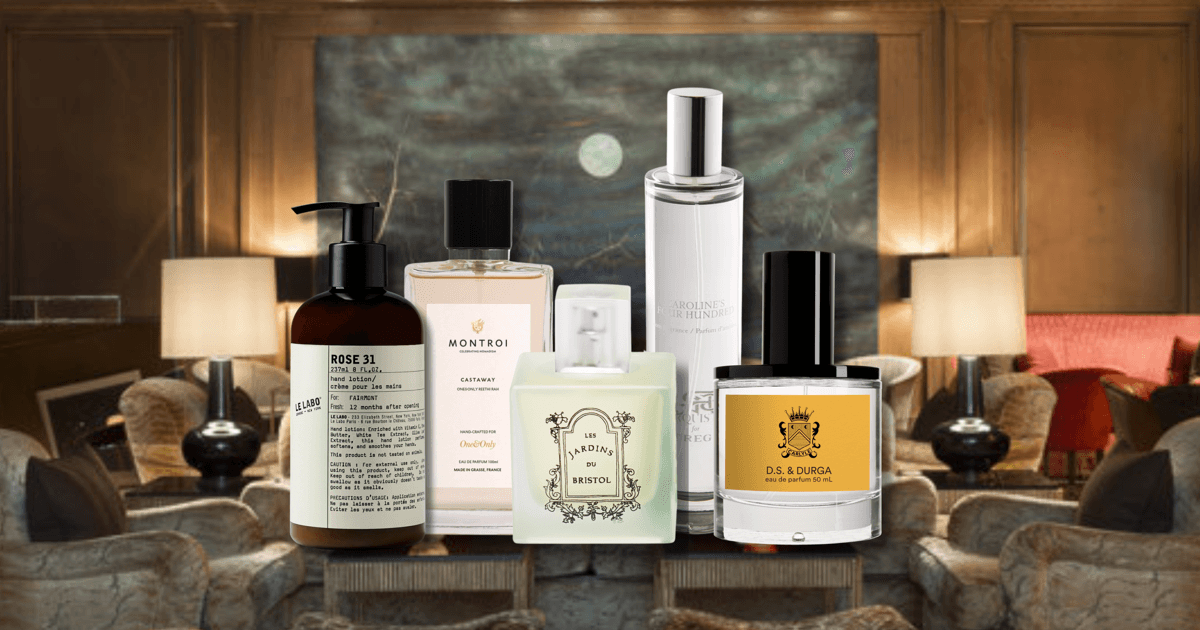

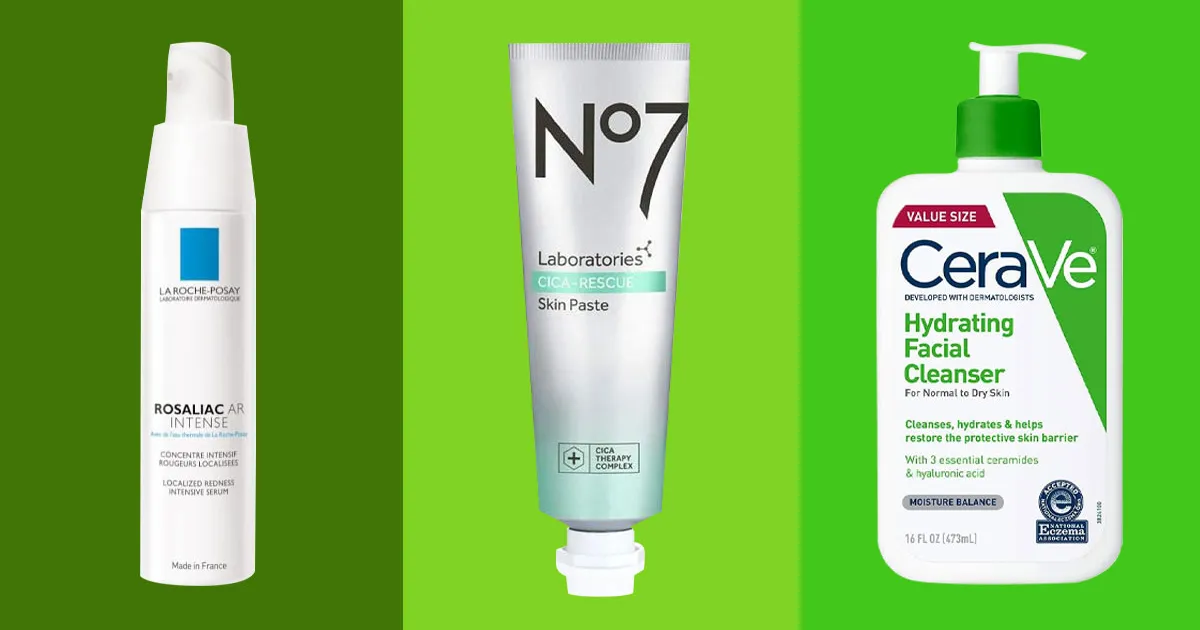

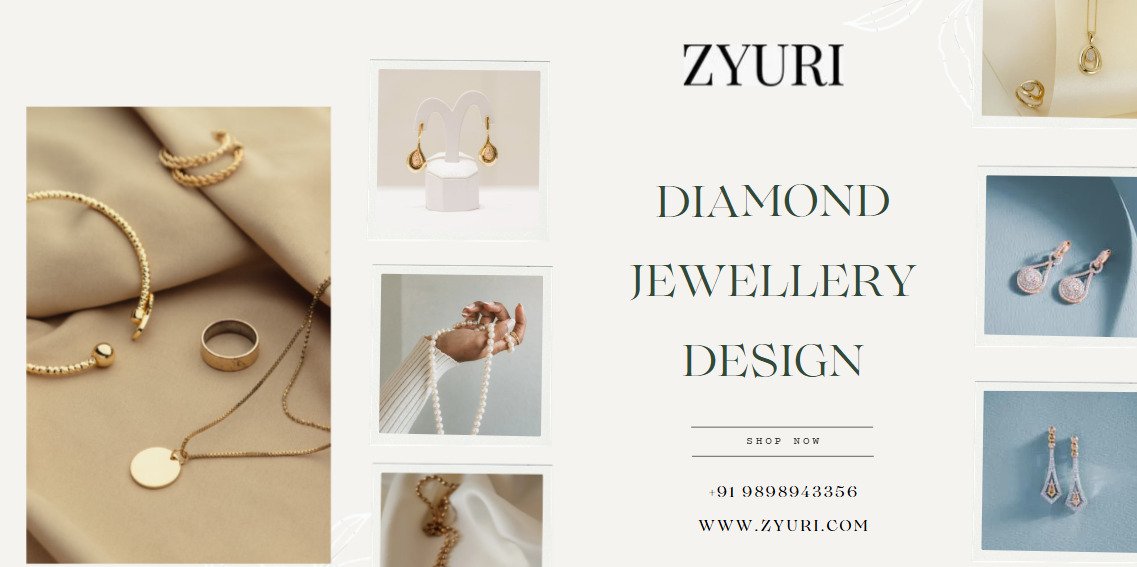


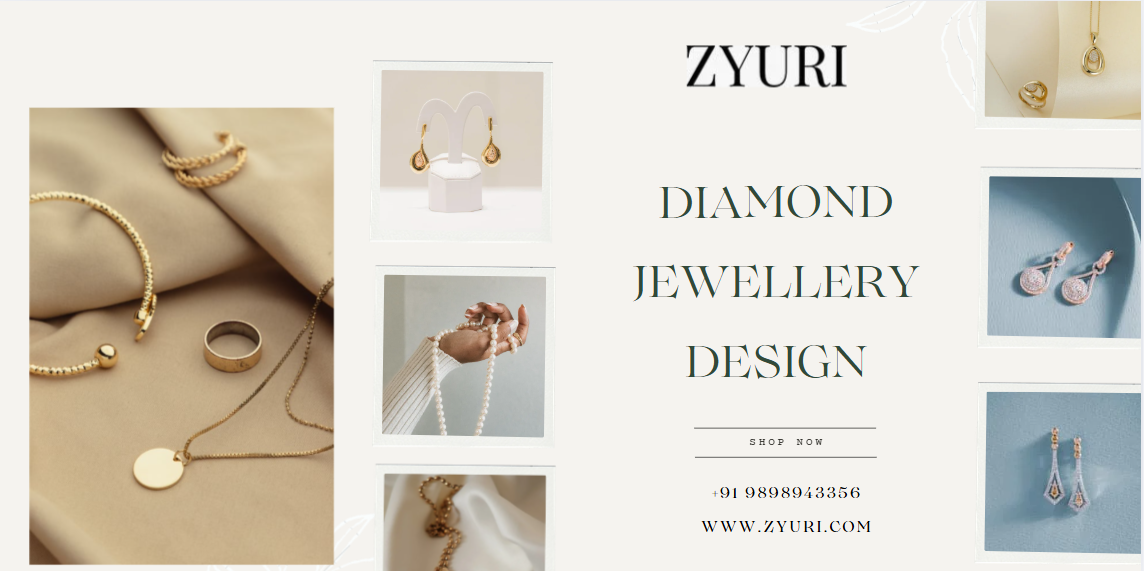

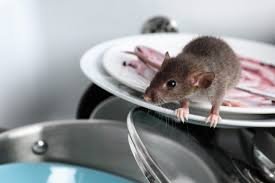
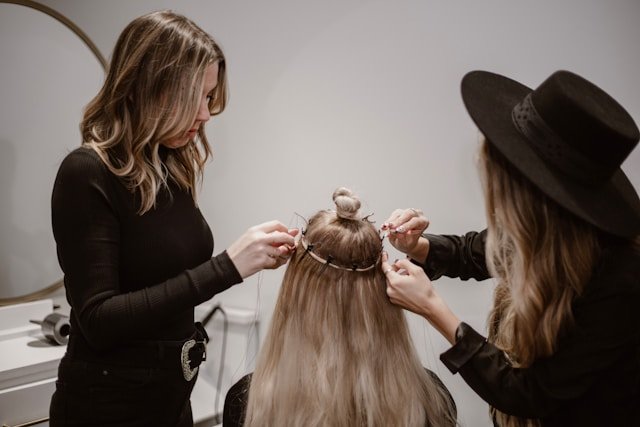




Leave a Reply